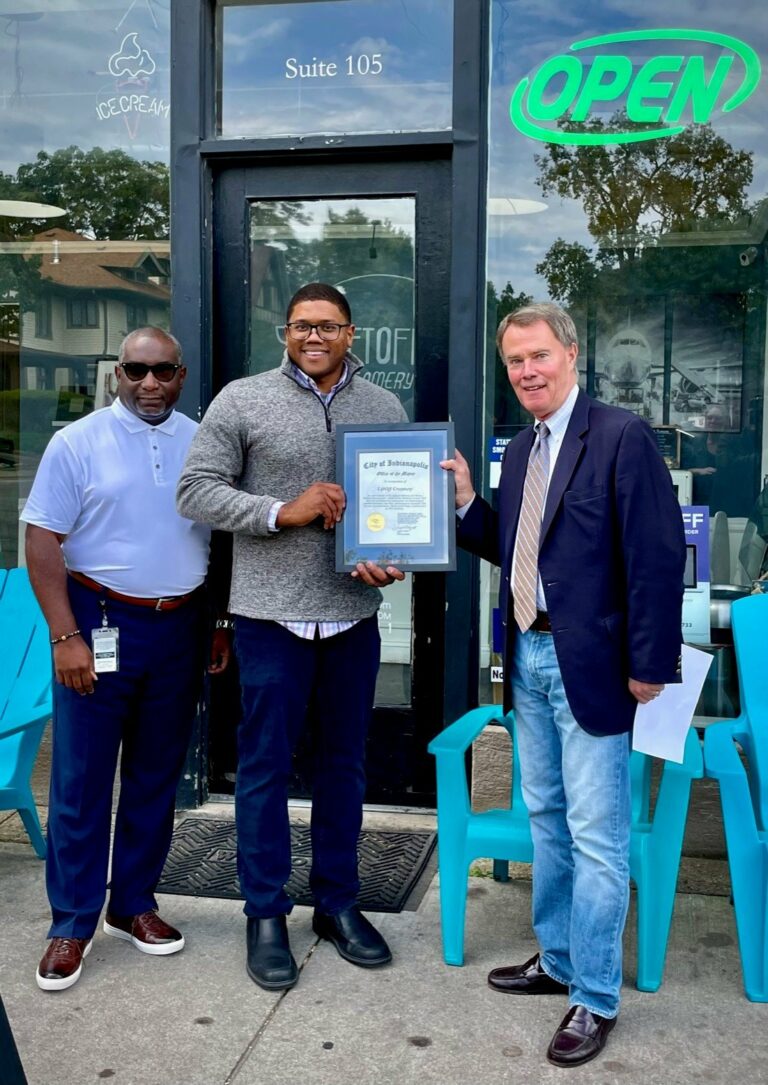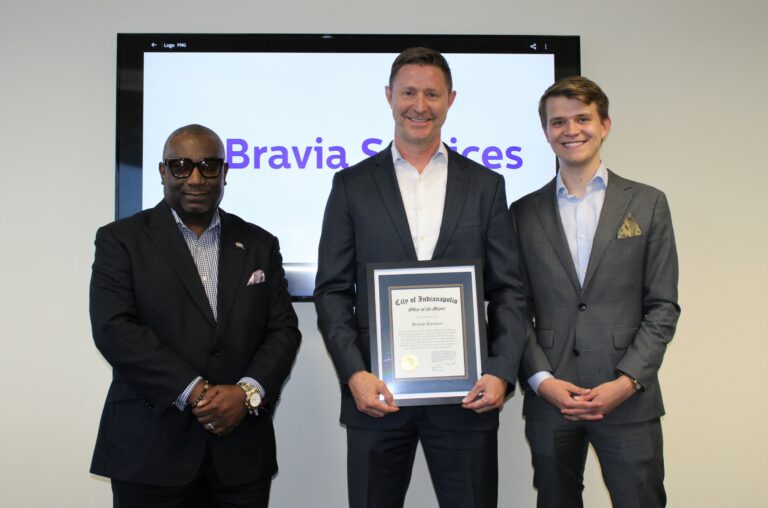Sometimes we may need a recharge. Other times, we may need a realignment.
No, we are not talking about realigning your car, but realigning your body and your life. That is where Body Mechanics Health & Wellness comes in.
Opened in 2017 behind Indianapolis native Dr. Lauren Harden, Body Mechanics Health & Wellness offers a range of services to get your mind, body and spirit back on track.

Harden is also a board-certified, licensed chiropractor and athletic trainer. She received her bachelor of science in athletic training at Indiana University and her chiropractic education at the Southern California University of Health Sciences. She graduated with a doctoral degree in chiropractic medicine.
Some services include chiropractic care, corrective exercises, x-rays, massage therapy, ultrasounds, lifestyle advice, nutritional consulting, electrical stimulation (electrotherapy), pre- and post-natal chiropractic care, laser therapy and more.
Body Mechanics Health & Wellness is at 2802 North Central Avenue, Suite C, in Indianapolis, IN, 46205. You can contact Body Mechanics Health & Wellness via phone at 317-721-2537.
This business highlight was written by multi-media & senior sports reporter Noral Parham III. Contact him at 317-762-7846. If you would like your business highlighted by the Indiana Minority Business Magazine, click here.
















